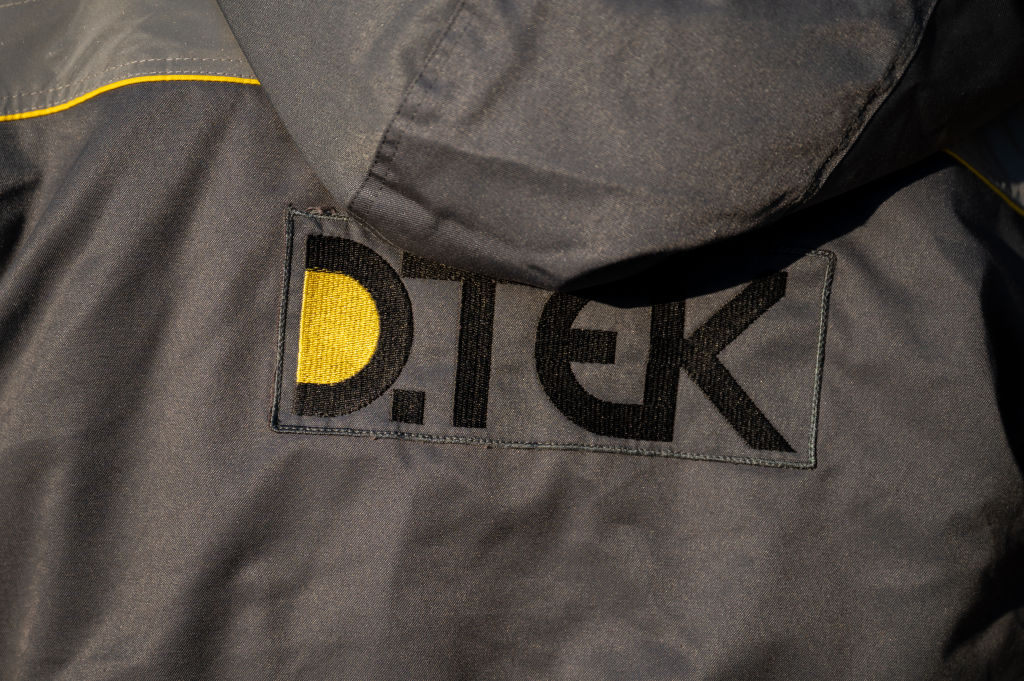European Union envoys have agreed on the 16th round of sanctions against Russia, including a ban on primary aluminium imports and the listing of 73 “shadow-fleet” vessels.
The package unveiled on February 19, which largely sticks to the European Commission’s proposal, was expected to be adopted by the EU’s foreign ministers on February 24 to mark the third anniversary of Russia’s full invasion of Ukraine.
The aluminium import ban would be phased in a year from the official adoption of the package, which also added 48 individuals and 35 entities to its sanctions list that included asset freezes and a travel ban.
“The EU is clamping down even harder on circumvention by targeting more vessels in Putin’s shadow fleet and imposing new import and export bans,” EC President Ursula von der Leyen said on X.
Progress on the latest EU sanctions came after US President Donald Trump’s administration said on February 18 it had agreed to hold more talks with Russia on ending the war in Ukraine. That was after an initial meeting that excluded Kyiv – a departure from Washington’s previous approach that rallied US allies to isolate Russian President Vladimir Putin.
The EU, along with other Western powers, has been ratcheting up restrictions in recent months to squeeze Russia’s oil exports. In addition to the tankers, the envoys agreed to prohibit transactions with ports and airports in Russia used to circumvent the Group of Seven price cap on Russian oil.
The newly sanctioned ships will be added to the already listed 79 others, mainly tankers, used by Russia to sell oil outside the price cap or ships that help in Moscow’s war effort such as transporting ammunition from North Korea.
The package also expands the criteria the EU will be able to use to sanction owners and operators of the shadow fleet, including captains, as well as those providing support to the military.
Sales of video game consoles, joysticks and flight simulators would also be restricted as they could be used by Russia’s military to control drones, an EU diplomat said on February 19.
Other bans included exports of chromium and certain chemicals as well as a service ban for oil and gas refineries.





Many NATO members are as opposed to Ukraine membership as is Russia